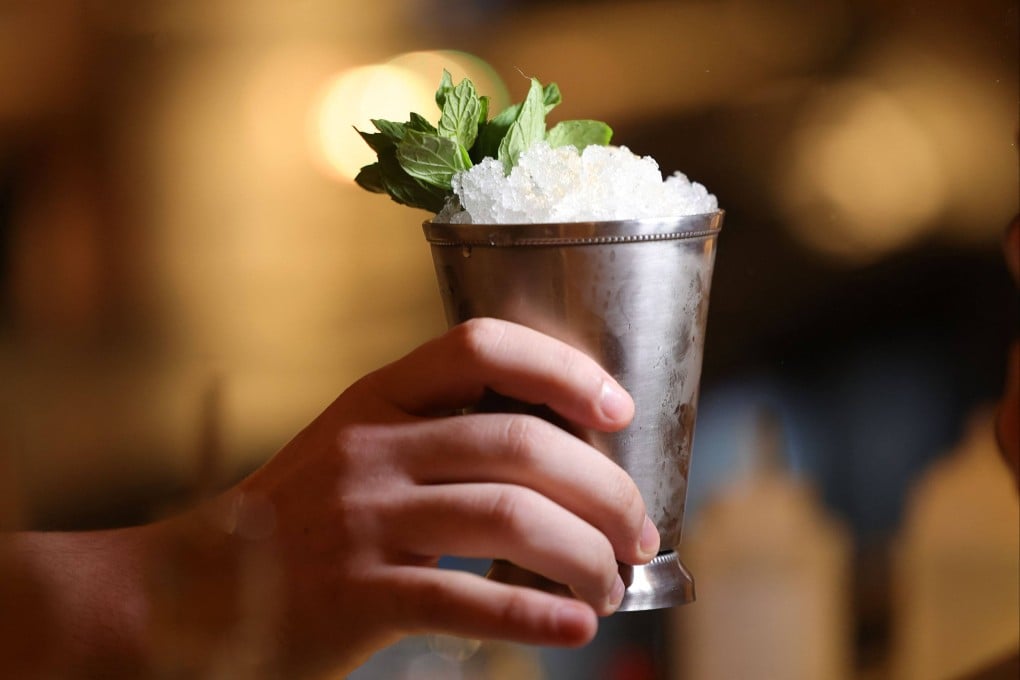Saudi Arabia tipped to ease alcohol ban as it uncorks tourism potential
- There are signs the kingdom is weighing loosening alcohol restrictions to unleash a tourism gold rush

The St. Regis Red Sea Resort, part of a tourism megaproject being developed by state-run Red Sea Global, hosted a fashion show last month featuring women wearing modest swimwear – a notable departure from the kingdom’s strict conservative dress norms. Saudi women typically wear concealing black abaya gowns, though this dress code has been relaxed for foreign visitors.
The introduction of entertainment hubs like Red Sea Global and the Qiddiya project near Riyadh “may also incorporate more liberal amenities to cater to international visitors while balancing religious sensitivities”, said Saudi political commentator Salman al-Ansari.

“Any such changes will likely be carefully managed to ensure they align with Saudi societal values,” he told This Week in Asia.
